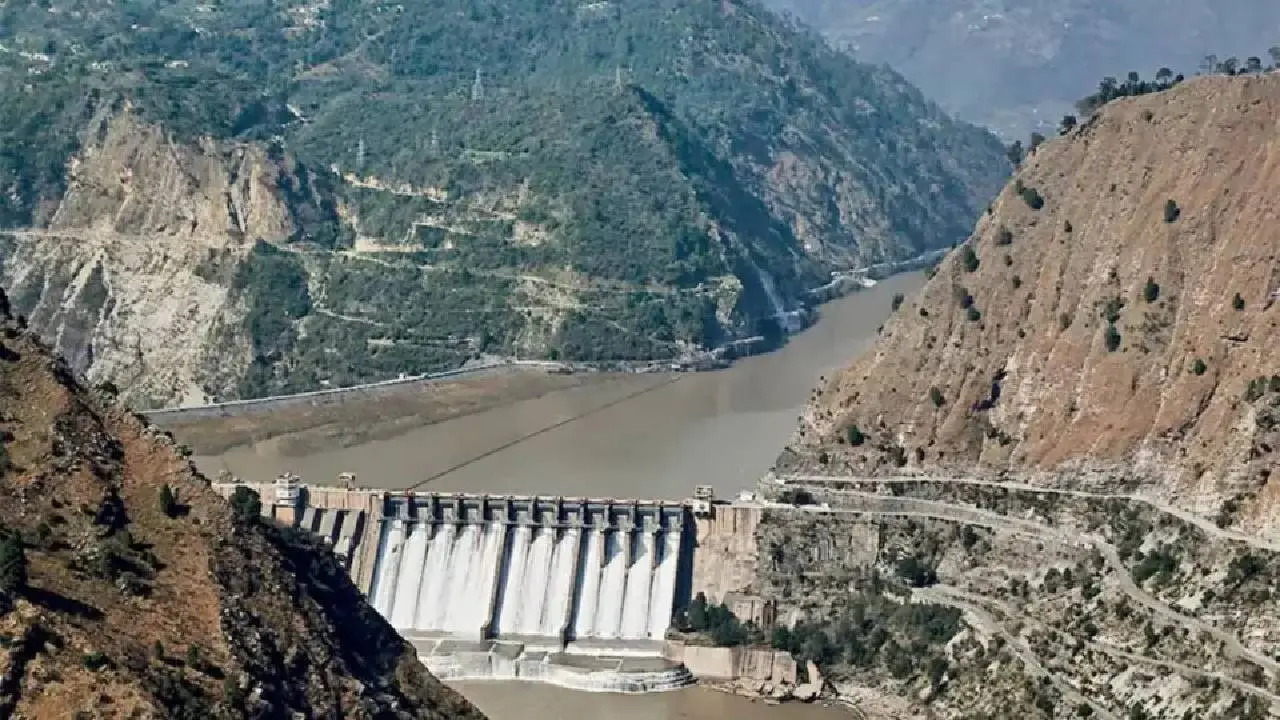
Indus Waters Treaty (Social Media)
National News: The tension between India and Pakistan over the Indus Water Treaty has now reached a decisive turning point. The Central Government has taken a historic step toward stopping India’s water from flowing into Pakistan. As part of this move, the Government of India is set to construct a 113-kilometre-long canal to channel surplus water from Jammu and Kashmir to Rajasthan, ensuring India makes full and effective use of its share under the Indus Water Treaty.
Under this project, India will begin to utilize the rights granted to it over the western rivers—Jhelum, Chenab, and Indus. In addition, the waters of the Ravi, Beas, and Sutlej rivers, which have so far flowed across the border into Pakistan, will now be diverted to serve the irrigation needs of farmers in Punjab, Haryana, and Rajasthan.
The newly planned canal will carry surplus water from Jammu and Kashmir directly to Sriganganagar, Rajasthan. If everything proceeds as planned, the waterway may eventually be linked to the Yamuna River, extending its length to over 200 kilometers, and possibly carrying water all the way to Gangasagar.
Home Minister Amit Shah made a strong statement: “Water will no longer go to Pakistan. Within the next three years, Indus water will reach Sriganganagar. Indian farmers will flourish, while Pakistan will have to yearn for every drop.”
This statement is a clear signal that India now intends to fully exercise its rights under the Indus Water Treaty. The government is adopting a tough stance—emotionally, politically, and strategically—on the issue of water.
After the Pahalgam terror attack on April 22, India took several strong steps against Pakistan. One of the most significant was the suspension of the Indus Water Treaty. Originally signed in 1960, the treaty had allowed Pakistan to use a major share of the water from the western rivers.
Prime Minister Narendra Modi has already declared:
“Water and blood cannot flow together, and terrorism and dialogue cannot go hand in hand.”
Following this doctrine, India is now taking decisive steps to weaken Pakistan’s dependence on Indian waters.
This plan will not only exert strategic pressure on Pakistan but will also bring long-term relief to Indian agricultural regions facing water scarcity. Drought-prone states like Punjab, Haryana, and Rajasthan stand to greatly benefit from improved irrigation infrastructure.
According to government sources, this project is being viewed as a strategic resource management initiative aligned with national security. In the years ahead, water could become an integral part of India’s defense policy, serving as a strategic tool in geopolitical matters. India’s new approach to the Indus waters represents a deep blow to Pakistan, which will now face severe water shortages, while Indian farmers move toward greater self-reliance and prosperity. This shift will have far-reaching consequences—not only geographically, but also strategically, economically, and politically.





Copyright © 2026 Top Indian News
